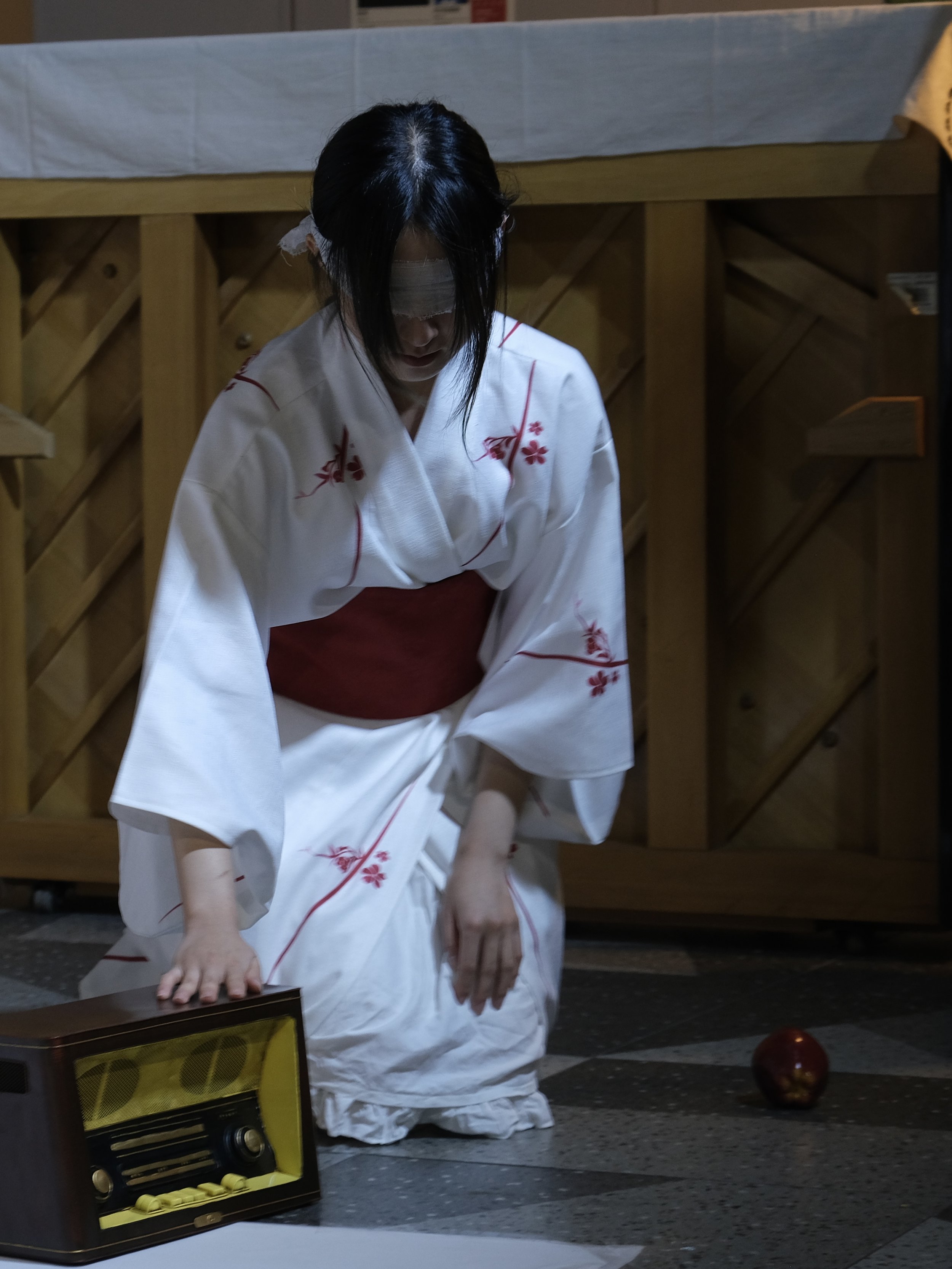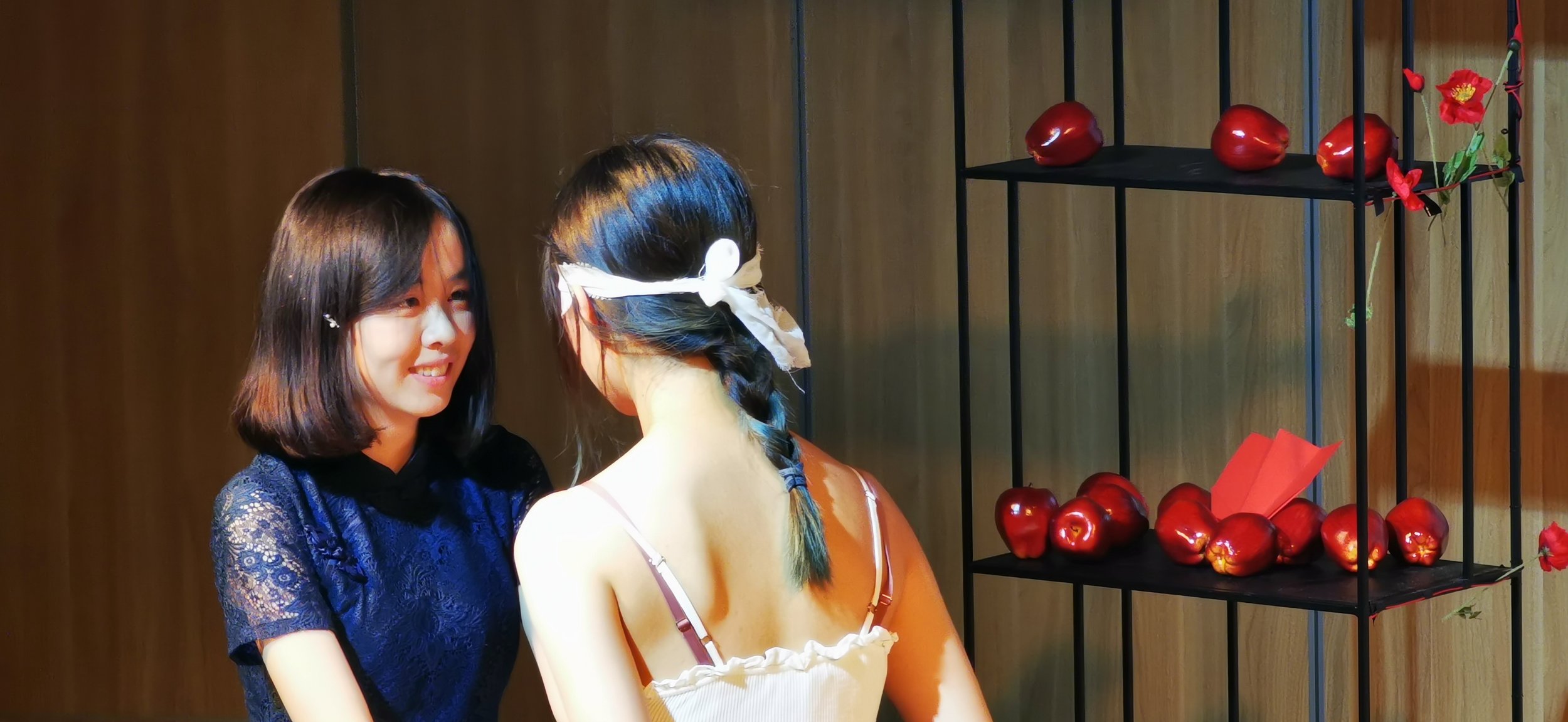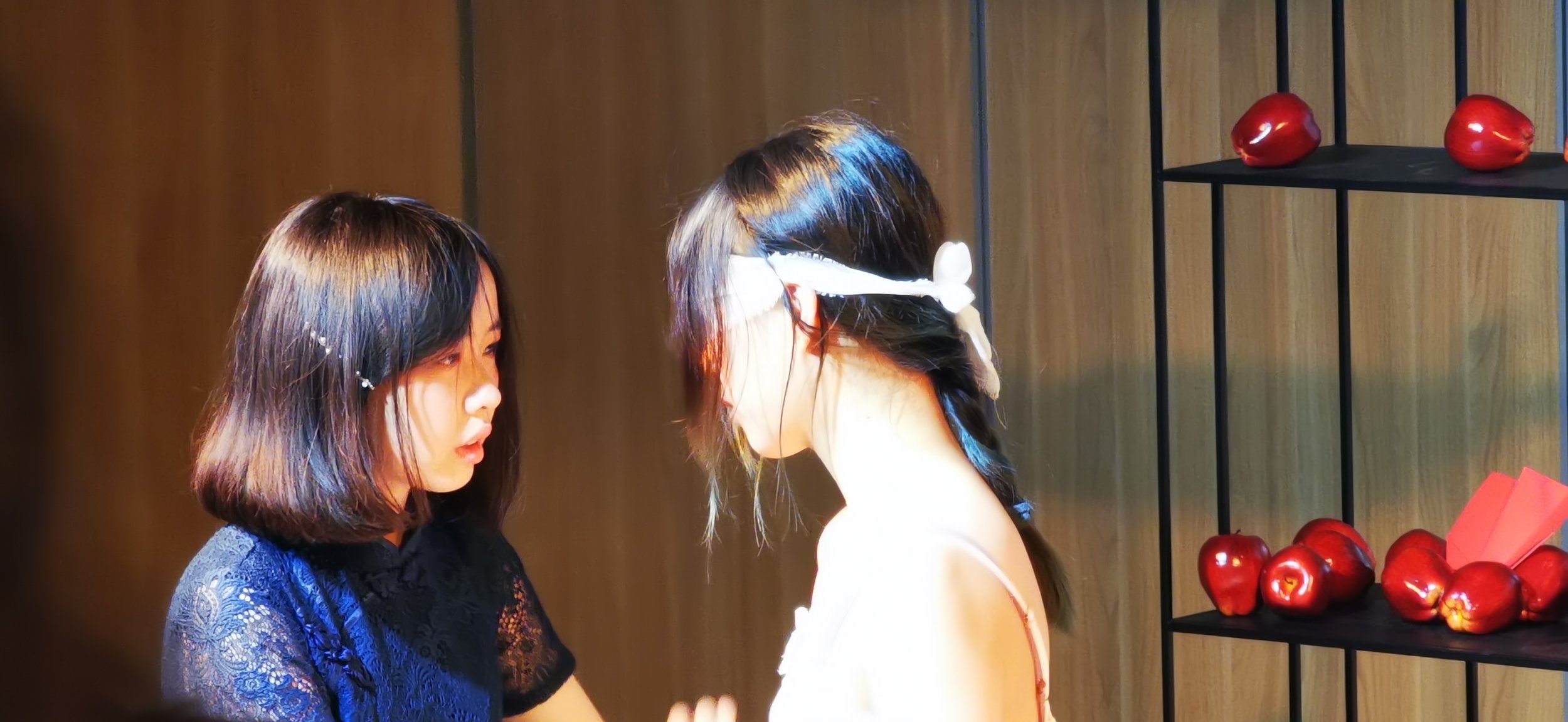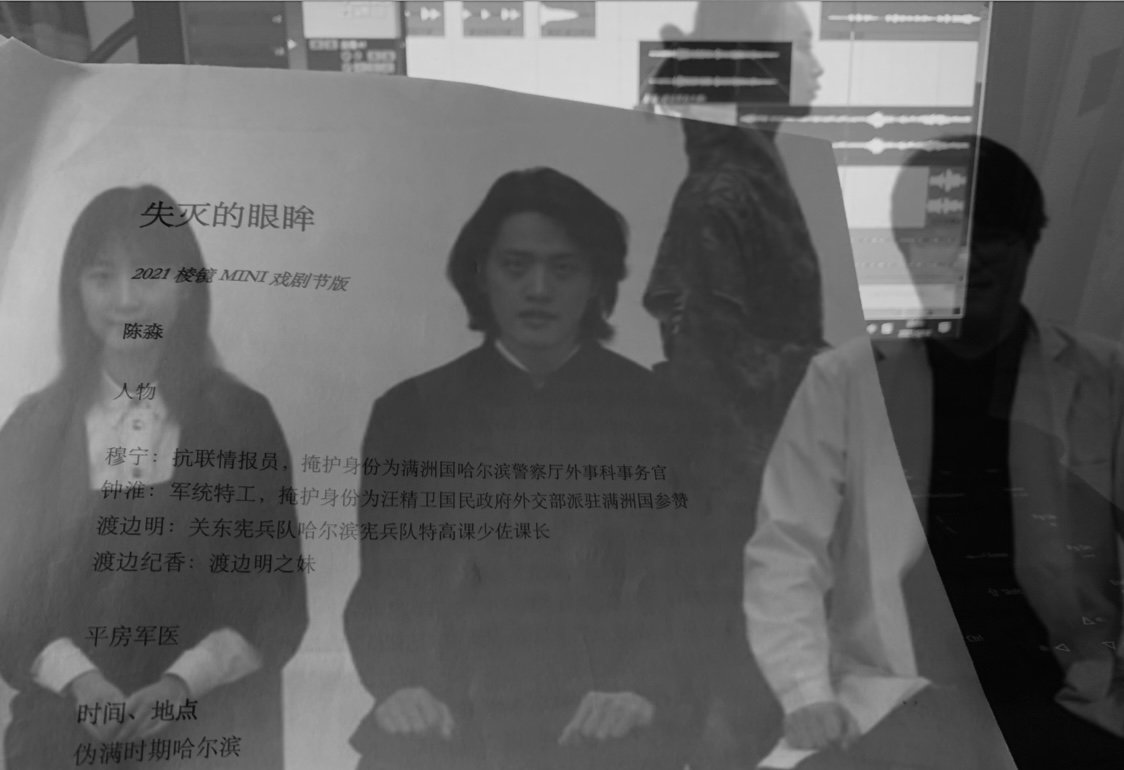The lost gaze 失灭的眼眸
Synopsis
May 1944, Harbin, Northeastern China under the rule of Imperial Japan.
As the puppet state of Manchuria declines, the United Front in the Northeastern provinces suffers a severe blow: a single lapse exposes many, intertwining their fates. The story of a young man and a young woman reaches a climax.
The young man is the head of the Special Higher Police, a former medical prodigy who had to leave school. His sole wish is to take his blind sister and his lover away from Manchuria and back to his homeland.
The young woman is an undercover intelligence officer for the Chinese Communist Anti-Japanese Alliance within the police department. She is trying to rescue comrades and save the United Front during the crisis. However, an unexpected letter reveals a series of secrets: her father’s fate being uncertain, her lover being embroiled in internal conflict, and more…
Now they both remain in Manchuria. In a tiny room of Unit 731, some cruel truth is about to be revealed.
Can she awaken him from his fascist nightmare and retain the flame of hope?
And how will he hold on to her truthful eyes?
The Lost Gaze (2021)
Written-directed by Miao Chen
Full-length play history/war/romance
Showcased at 2021 Prism Mini Theatre Festival in Beijing
Writer-Director’s Statement
This year is 2021, marking the 90th anniversary of the 1931 September 18th Incident. The trauma of WW2 has been passed down through generations, and the narratives of this war in both China and Japan remain deeply divided. While one side is immersed in deep-seated hatred, viewing the other as an absolute enemy, the other side indulges in a suspicious "Showa nostalgia," where seemingly harmless "anti-war" sentiments mask a rising undercurrent of "anti-defeat."
Genuine dialogue is rare, and without dialogue, we cannot truly confront the past or build a bridge to the future. This is why, in today's changing world, we must revisit this unforgettable chapter, to remember the past and reconcile for the sake of future.
This is a story of two enemies, but also of two lovers. The “he” and “she” of this story are shaped by the different aspects of the same era. What must they overcome to hold hands once more, as individuals with free-will, and send an unstoppable wish for the future from the desperate depths of history?
"Every second of time was the strait gate through which the Messiah might enter." Should we borrow the concept from Walter Benjamin, the present time we possess bears a Messianic power to redeem the past. This story conveys a wish to re-negotiate our past, a wish that transcends the constraints of time and space.
Telling stories about history may seem obscure in a fast-paced world, but it is deeply rooted in our tradition. Chinese narrative originates from historians documenting events. "Story" in Chinese originally meant "events of the past." Recounting these stories is our profound way of understanding the present and exploring the future.
When we sift through the old records, what emerges are the enduring human spirit and perpetual hope.
「银河天上川,
红叶落水散河上。
可为渡桥哉?」
O Milky Way leads on high
And red leaves disperse among the tide.
A bridge, shalt thou find?
A Video by Jingyao Wang
北海道的樱花快开过了。
南京的栀子花才刚刚开。
Cherry blossoms in Hokkaido are now falling.
Gardenias in Nanking are just thriving.
Theatre live moments
2021.6.20.
Langyuan Vintage Can Space,
Chaoyang, Beijing
2021 Prism Mini Theatre Festival
Poster & photo credits: Yidan Zheng & Zhen Wei, Yexuan Liu, Tianqi Wang, Yuanbin Cao



















献给时代洪流中的人
Dedicated to people in the flow of time

